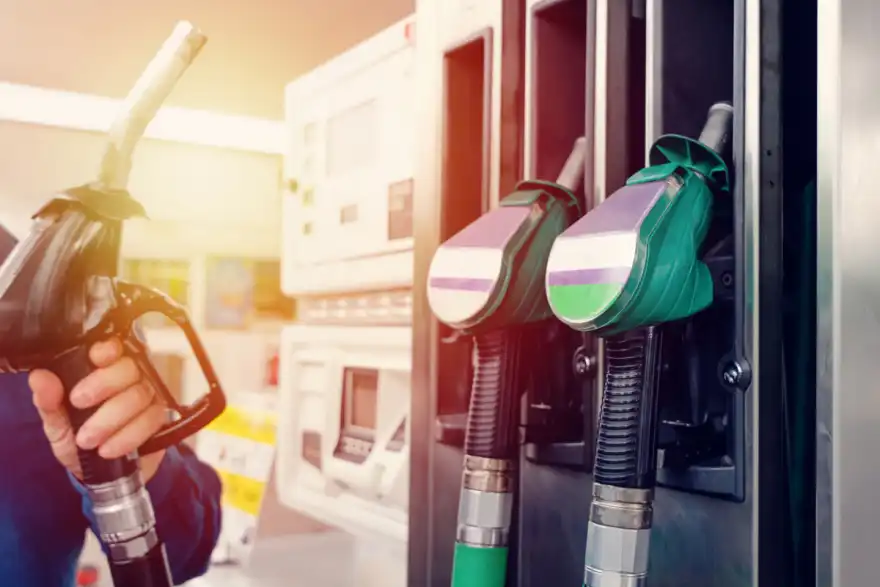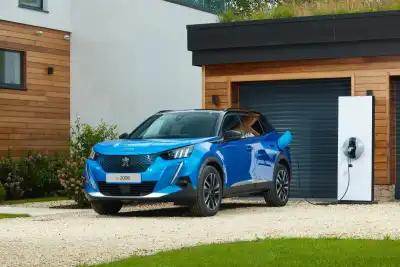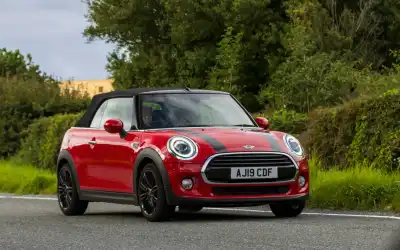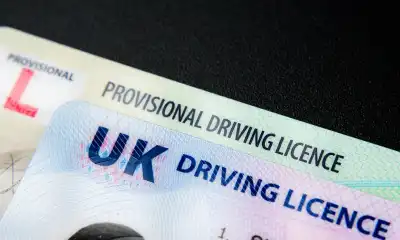
Labour is reportedly backing off its plan to ban diesel cars by 2030, now allowing hybrid models to be sold until 2035. In their manifesto, Keir Starmer’s party had promised to stop the sale of petrol-powered cars within the next six years, but it seems they're reconsidering.
The original pledge aimed to ban “new cars with internal combustion engines” by 2030 to help meet net-zero goals. However, the language had suggested that hybrids—using a petrol or diesel engine alongside a battery—might also be included.
Recently, it was reported that Stellantis paused production of the electric Fiat 500 in Europe due to low demand. Volvo and Toyota have also decided to keep making hybrids, partly because of mixed green policies globally. Industry lobbying might have influenced the Labour government’s potential shift in policy.
A government spokesperson clarified “This government’s policy has always been to revert to the original 2030 phase out date for the sale of new vehicles with pure internal combustion engines.
“The original phase out date included the provision for some hybrid vehicle sales between 2030 and 2035. We will set out further details on this in due course.”
They also mentioned the Zero Emission Vehicle (ZEV) mandate, which fines manufacturers if they don’t meet EV sales targets: 28% of new car sales must be electric by 2025, 52% by 2028, and 80% by 2030.
However, it’s still unclear which hybrids will be allowed after 2030. The Telegraph reports that while petrol cars will face strict rules, hybrids will likely remain on the market until 2035.
Do you think this is the right move? Let us know your thoughts in the comments below...




